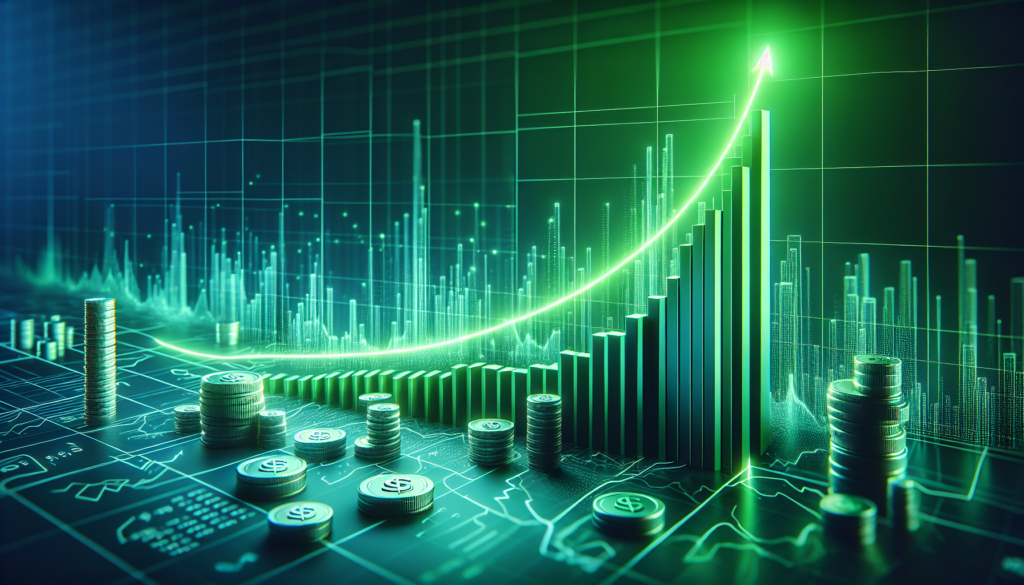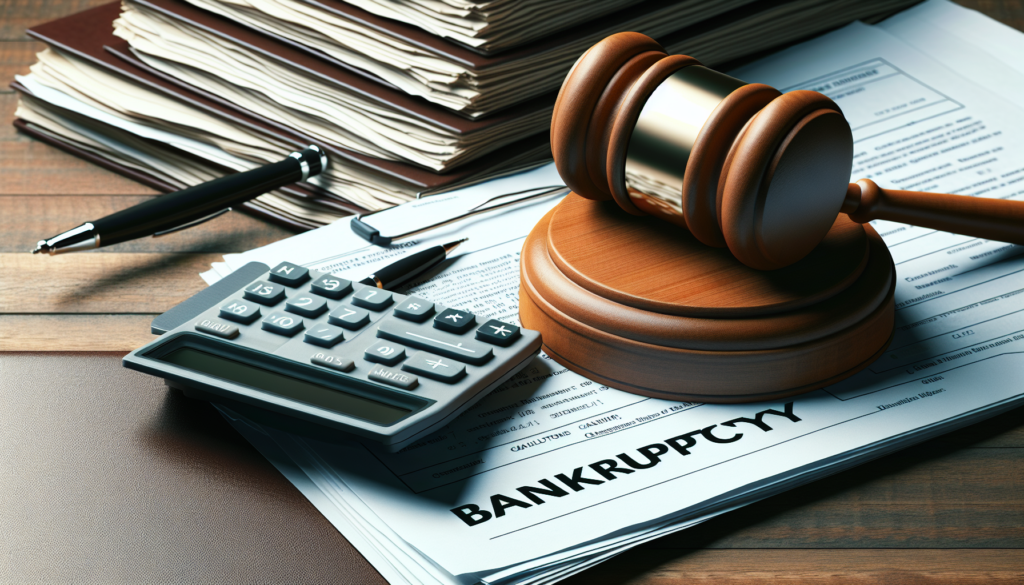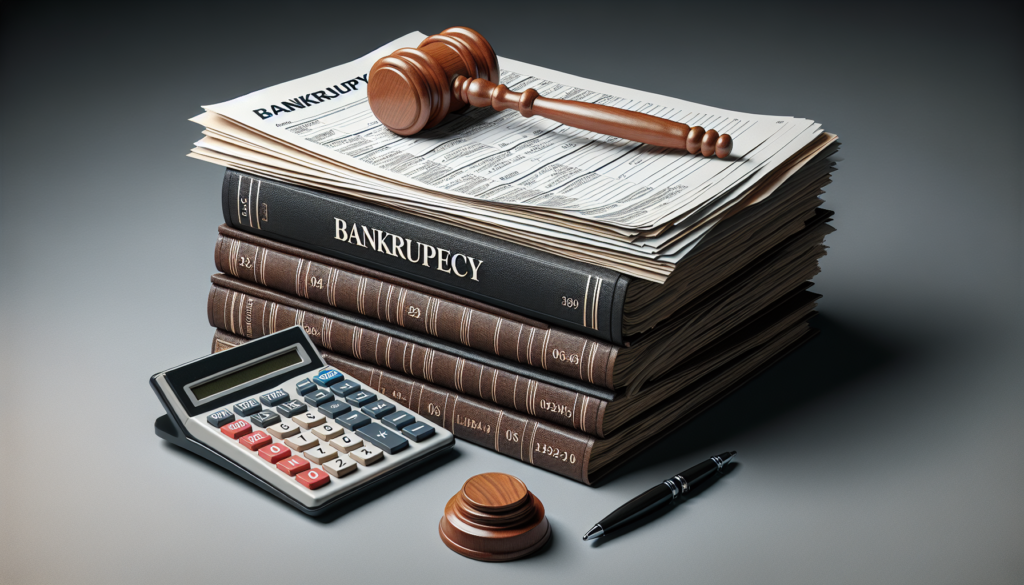
When high interest rates on credit cards become overwhelming, bankruptcy may offer a viable solution to eliminate the debt and provide a fresh financial start. Credit card debt is one of the most common reasons individuals seek bankruptcy relief, as the compounding interest can quickly make the debt unmanageable. Here’s how considering bankruptcy could be a strategic move to address high-interest credit card debt:
Understanding the Impact of High-Interest Rates
High-interest rates on credit cards can significantly increase the total amount you owe, especially if you’re only making minimum payments. Over time, a substantial portion of your payment goes toward interest rather than reducing the principal balance, making it challenging to get out of debt.
Chapter 7 Bankruptcy: Liquidation
Chapter 7 bankruptcy, also known as liquidation bankruptcy, can discharge most, if not all, of your unsecured debts, including credit card debt. Here’s how it works:
- Eligibility: To qualify for Chapter 7, you must pass the means test, which compares your income to the median in your state for your household size. If your income is below the median, you’re likely eligible.
- Process: After filing for Chapter 7, an automatic stay goes into effect, stopping creditors from collection attempts. A bankruptcy trustee will evaluate your assets to determine if any can be sold to pay your creditors, although many assets are protected through exemptions.
- Discharge: Typically, within 4-6 months after filing, your credit card debt can be discharged, meaning you are no longer legally obligated to pay it.
Chapter 13 Bankruptcy: Reorganization
Chapter 13 bankruptcy allows you to reorganize your debts and repay them over a 3-5 year period based on a court-approved plan. While it doesn’t immediately eliminate your credit card debt, it offers several benefits:
- Consolidated Payments: Chapter 13 consolidates your debts into a single monthly payment based on your income and reasonable expenses, potentially reducing the amount you pay toward unsecured debts like credit cards.
- Interest Rates: In most Chapter 13 plans, the interest rate applied to credit card debt is significantly reduced or eliminated, helping you pay down the principal faster.
- Discharge: At the end of your repayment plan, any remaining unsecured debt, including credit cards, is typically discharged.
Considerations Before Filing for Bankruptcy
- Credit Impact: Bankruptcy has a significant negative impact on your credit score and remains on your credit report for 7-10 years, affecting your ability to obtain future credit.
- Non-Dischargeable Debts: Not all debts can be discharged in bankruptcy. For example, student loans, alimony, child support, and certain taxes are generally not eliminated.
- Legal and Filing Fees: There are costs associated with filing for bankruptcy, including attorney fees and filing fees, which should be considered in your decision.
- Financial Counseling: Before filing for bankruptcy, you’ll need to complete credit counseling from an approved agency, which can provide valuable insights into your financial situation and alternatives to bankruptcy.
If high-interest credit card debt is causing financial strain, bankruptcy might offer a path to relief and a fresh start. However, it’s a decision with significant consequences and should be made with careful consideration and, ideally, with the guidance of a bankruptcy attorney. Understanding the pros and cons of each type of bankruptcy can help you make an informed decision that aligns with your financial goals and circumstances.



Get a Free Bankruptcy Case Evaluation